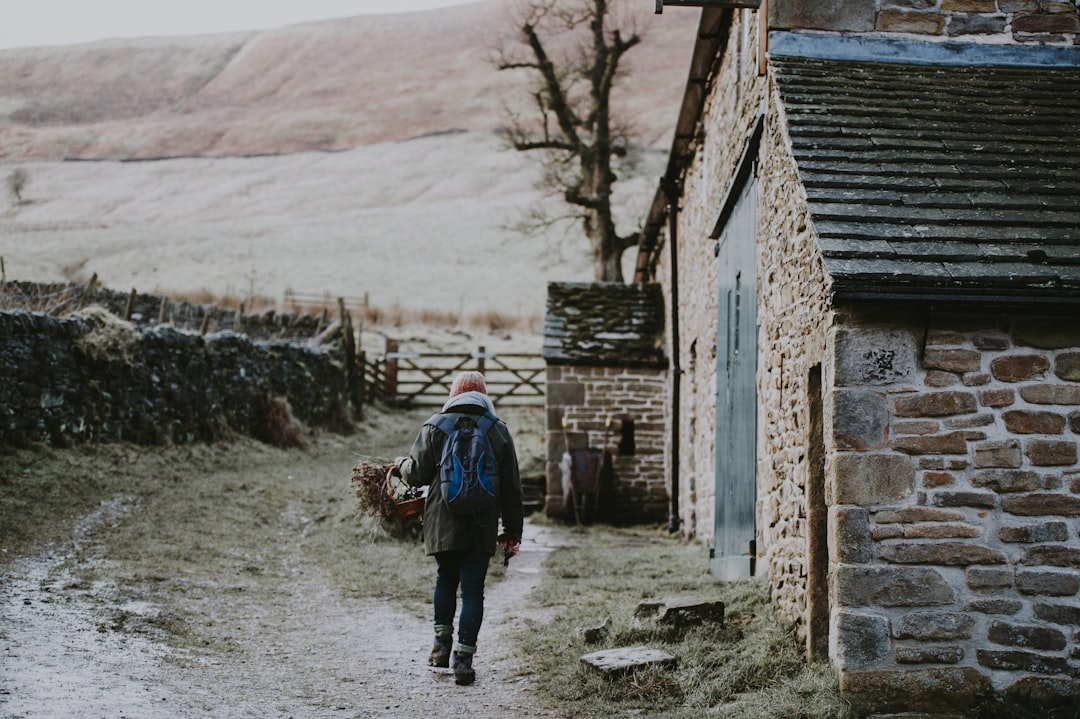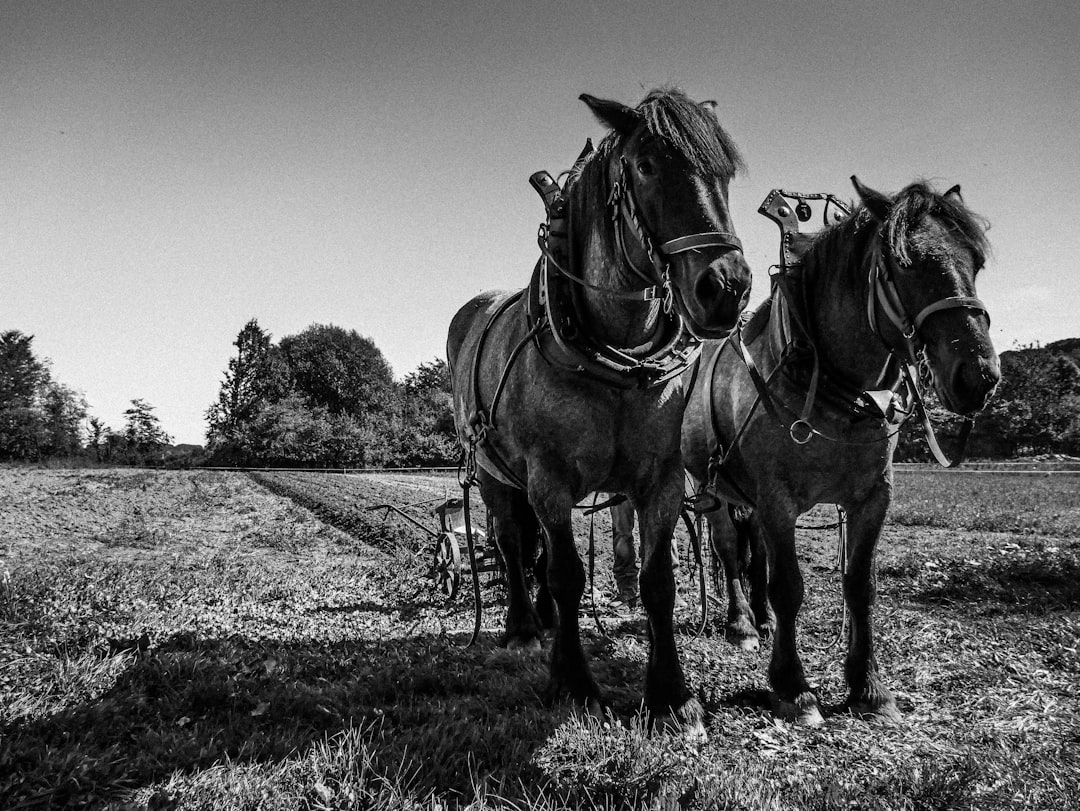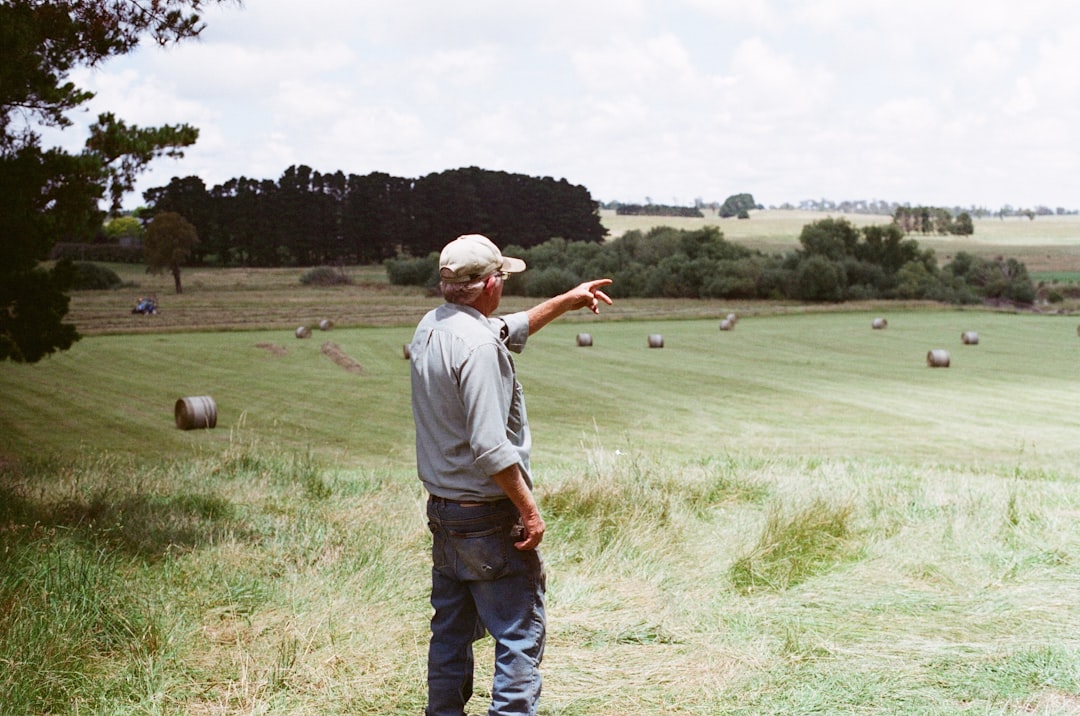Wendell Berry Reading Group No. 3 - The Making of a Marginal Farm
The third in a series of posts guiding us through essays from Wendell Berry

Welcome to the third Wendell Berry Reading Group. We are making our way through essays from The World Ending Fire and this week we are looking at the essay ‘The Making of a Marginal Farm’. For new subscribers, you can find the previous WBRGs in the links below. These posts are for paid subscribers only (but I give everyone a free preview of the first few questions)
Essay summary
This is perhaps Wendell Berry’s most important essay. It is highly biographical, explaining Berry’s decision to return to farming in Henry County Kentucky, and charts how Berry turned this somewhat neglected land into a flourishing and productive landscape and how in the process he experienced healing and restoration himself. As well as dwelling on well-known Wendell Berry themes of ‘the goodness of limitations’ and ‘a love of place’, central to the essay is the concept of marginality. As we will see, marginal lands/areas - though often neglected and abused - offer a place of refuge from the Machine and are thus vitally important to conserve, protect, and steward well.
Guided questions and reflections
In what must be one of Berry’s most moving openings to an essay he finishes his recollection of happy times in the beautiful Kentucky River Valley with the pronouncement “That’s all I need”. Sadly, this is now a rare pronouncement from the mouths of young folk in rural areas. Take some time to consider why this is the case. How much has the abundance and influence of modern technology contributed to ‘rural discontentment’? Application: is your local area “all that you need”?
Berry states there is a critical difference “between knowing a place and living in it, between cherishing a place and living responsibly in it.” A visitor or tourist can both know a place and cherish it but fail to relate to it in a responsible manner. How can this dissonance occur? What difference does living in a place make to how one relates to and uses it?
Over time, Berry moved from an attitude of “ambition and expectation” to a disposition of “destiny rooted in origins”. ‘Destiny and origins’ include a recognition of generational responsibility to forefathers. What responsibilities do we have to those who came before us in how we steward a) the land and our inheritance and b) our lives (which they were responsible for giving us)? How do/should these historical/ancestral responsibilities shape our “ambitions and expectations?
This next section will consider in depth the concept of ‘the marginal’. Before we move on take some time to consider this word. What connotations arise for you when you hear the word ‘Marginal? Secondly, describe the key features and attributes of a marginal farm. Finally, what causes a place to be ‘marginal’?
Keep reading with a 7-day free trial
Subscribe to Over the Field to keep reading this post and get 7 days of free access to the full post archives.





